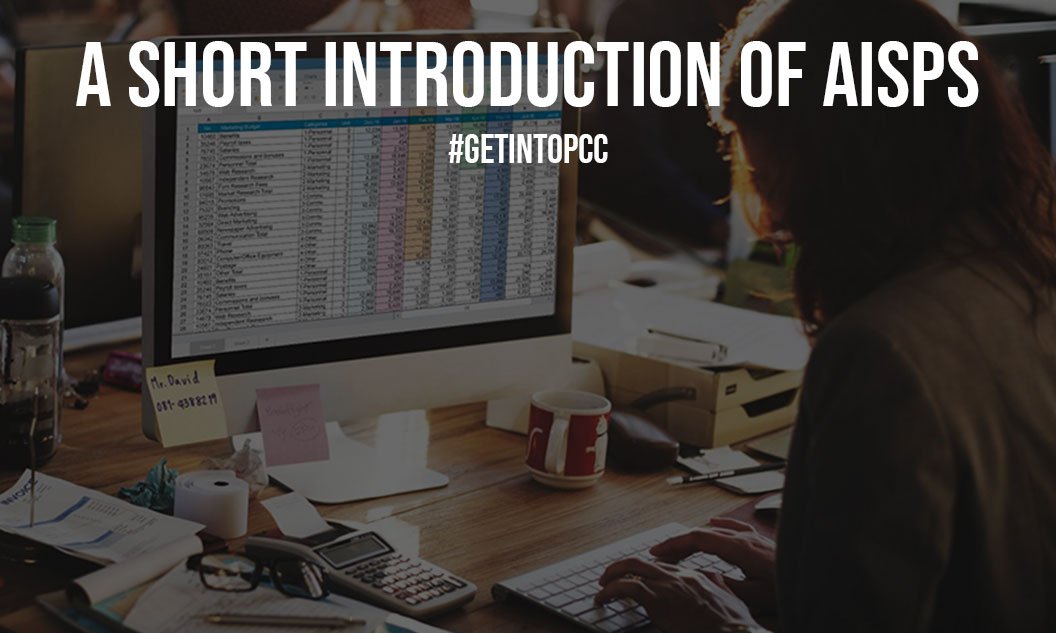Blog
A Short Introduction of AISPs
A Short Introduction of AISPs
Open banking, like so many areas of business, have many different acronyms and specific terms. Understanding open banking without understanding them is near to impossible.
However, in this article, we are going to focus on one very precise acronym – AISP. We’ll uncover the ins and outs of it in order to help you gain more knowledge and better understand what exactly is an AISP.

Without any further ado – let’s begin!
What is an AISP?
Table of Contents
AISP is short for Account Information Service Provider. Open banking is all about connecting users’ data in banks with capable service providers that can process or utilize that data to provide services. Account Information Service Providers are one of them.
The main specialization of this particular type of provider is to gather and process relevant information about the account owner.
The process of retrieving and gathering of information happens almost seamlessly with only a few clicks and a verification process for the user being involved.
An AISP will require your consent and then will redirect you to your bank to authenticate the user via SCA (Strong Customer Authentication). Once the user is authenticated, the service is redirected back to the AISP where data is gathered, analyzed and a decision or verdict can be made.
Also Read: How to Hire Flutter Developers with Experience In Your Industry?
Who Can Become an AISP?
Often enough people are aware of who the service provider is and what kinds of services they can provide, but they are not informed about the legislative and background processes, involved in becoming a service provider. This knowledge could help them better protect themselves from fraud because they would be able to identify legitimate providers and find sources to cross-verify some information, if necessary.
In order to become a licensed AISP, a company must meet the requirements and the guidelines, set out by the local PSD2 regulator. This can be a national bank or a specially appointed institution, but it varies from country to country.
Regulated providers have the technical know-how and the appropriate technology to be able to competently and securely handle the transfer of sensitive financial information. The mentioned regulations are created by the EU and outlined in the 2nd Payment Services Directive (PSD2).
All licensed Account Information Service Providers will need to get listed on a public manifest. That document is usually published by the aforementioned authority that handles licensing matters in your country and/or region. The road to licensing can be described as very demanding and only genuinely competent developers get approved.
Also Read: 5 Ways To Market Your Small Business
Relevance of Account Information Service Providers
Now that we got the definition and the legislation out of the way, let’s move over to the most important area – relevance to users. A lot of times, services are beneficial to businesses or to legislators by helping them control large quantities of data. However, in the case of AISPs, they are able to bring a lot of benefits to regular users with the limitations of PSD2 and within the confines of GDPR.
The framework of open banking is tailored to allow third parties who received consent, to retrieve actual financial information. Granting access to financial information wouldn’t be at all useful if there weren’t actual benefits to users who do that.
In the real world, an AISP can provide all sorts of insights into your financial matters as well as simplify access to different financial services. For example, if you want to apply for a loan, you need to provide income statements and sometimes, information about your creditworthiness.
With open banking, your loan company can access that through the AISP with a few clicks. Instead of worrying about how to obtain appropriate versions of these documents, people can now get verified by just expressing consent and sending data to the loan company with the help of AISP.
Furthermore, an Account Information Service Provider is able to process and analyze financial history up to 24 months old, and not only generate insightful statistics but also make AI-based analysis to offer budgeting advice.
